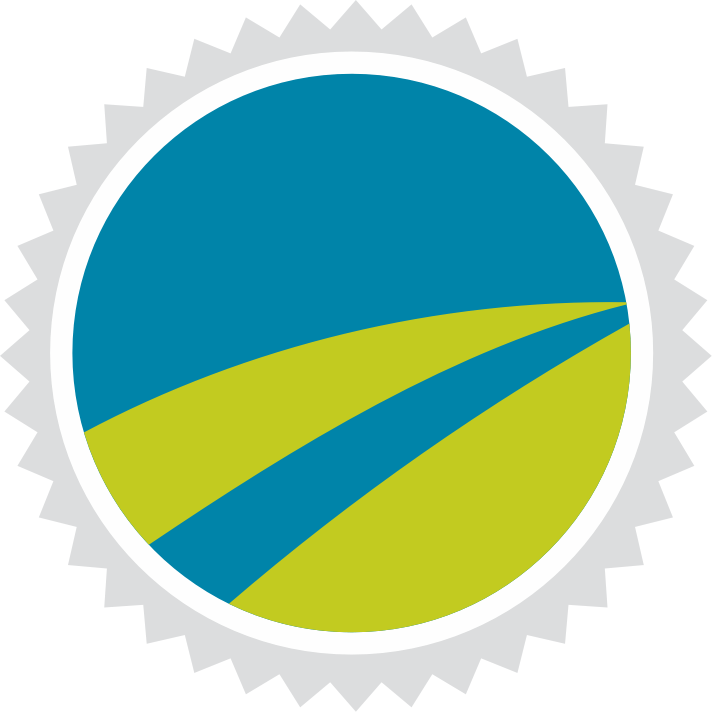
About the ADACC certificate program
Our Alcohol and Drug Abuse Counseling Certificate Program requires 6 undergraduate courses which encompass the 270 educational hours necessary for the New Jersey State Alcohol and Drug Counselor certificate. These undergraduate courses can be taken as part of the certificate program or as electives, they are open to any students* who are interested in the course topics. All course topics could benefit students seeking information related to substance use disorders and their treatment.
Applications for the Fall semester available now: click here

Veterans and Their Families Training Opportunity
We have been approved by the NJ State Approving Agency for Veterans Training! The Veteran Training is eligible for reimbursement under the GI Bill.
Learn More >
Why is the ADACC program important
The ADACC program is tailored to meet the growing need for qualified addiction and behavioral health professionals. In 2018, 20.3 million people aged 12 or older had a substance use disorder (SAMSHA, National Survey on Drug Use & Health, 2019). As individuals with substance use disorder continue to increase in the United States the need for treatment services also increases. The U.S. Bureau of Labor Statistics projected that the need for substance abuse counselors will increase 22% from 2018 to 2028, which is much faster than the average for all other occupations. Additionally, it is important to recognize that the impact of the continued substance abuse problem in this country is not isolated to the addiction field, but also other helping fields. This supports the demand for well-trained behavioral health professionals in all behavioral health fields. Obtaining the CADC is critical for addiction professionals, and beneficial for other behavioral health professionals in order to enhance your ability to work with individuals struggling with substance use problems.


